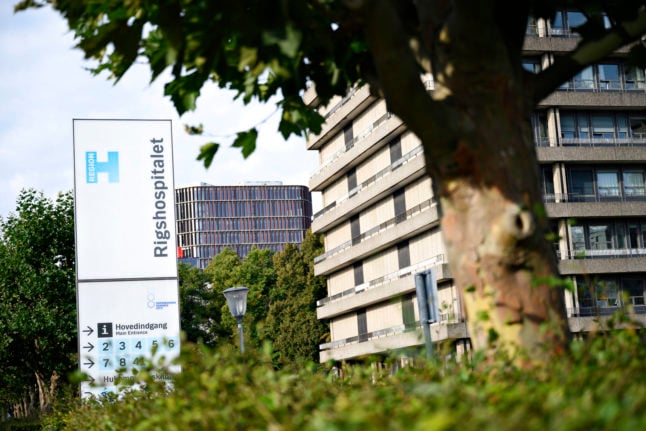The three major hospitals of the Greater Copenhagen region — flagship Rigshospitalet, Bispebjerg, and Herlev-Gentofte — have all closed approximately 10 percent of their patient beds due to a lack of staff to support them, newspaper Berlingske reports.
Qualified nurses are being recruited for higher-paying jobs in the private sector, resulting in a shortage in the public health system, according to the report.
The nurse shortage “will accelerate and will not resolve itself until the nurses get significantly more in pay,” said Social Democrat Leila Lindén, a member of the elected board in the Greater Copenhagen Region.
“This is a serious and very concerning problem,” Lindén also said.
“We must put pressure on (parliament), which must realise that wages must be increased so that they reflect the responsibility and tasks nurses have,” she said.
Last summer saw weeks of strikes by nurses protesting over pay and working conditions. A collective bargaining deal rejected by the nurses’ trade union DSR was eventually enforced by government intervention.
READ ALSO: Danish hospitals lose nurses after summer 2021 strikes



 Please whitelist us to continue reading.
Please whitelist us to continue reading.
Member comments